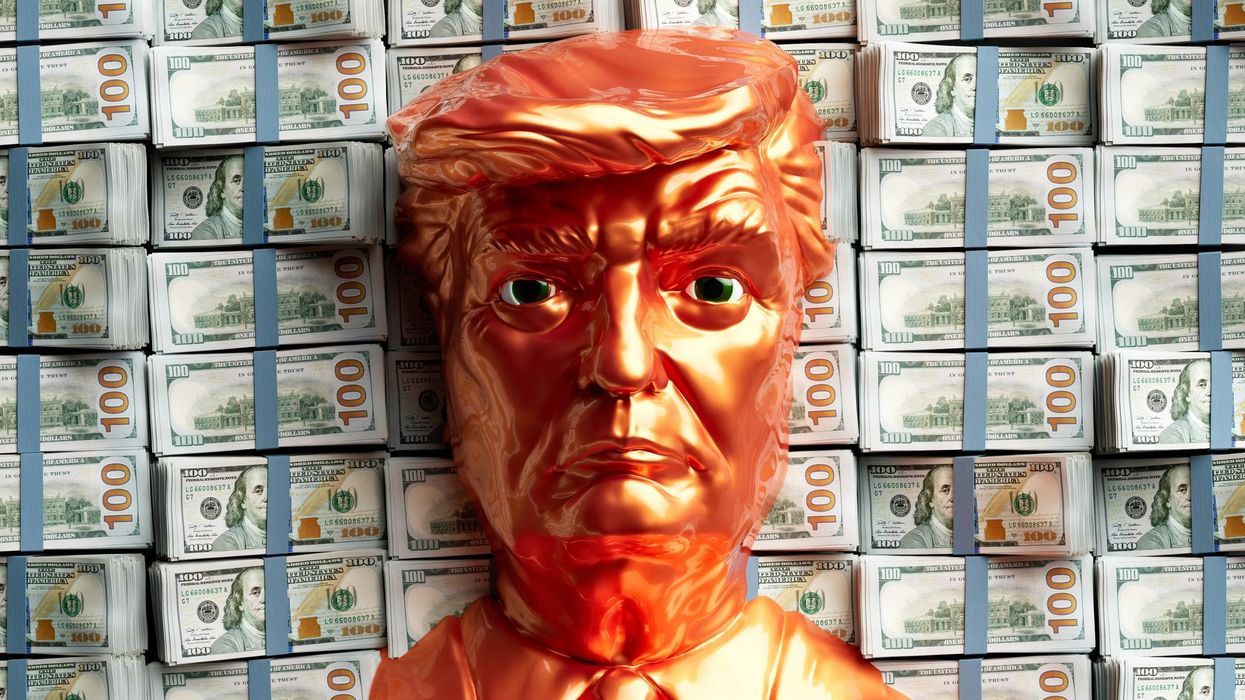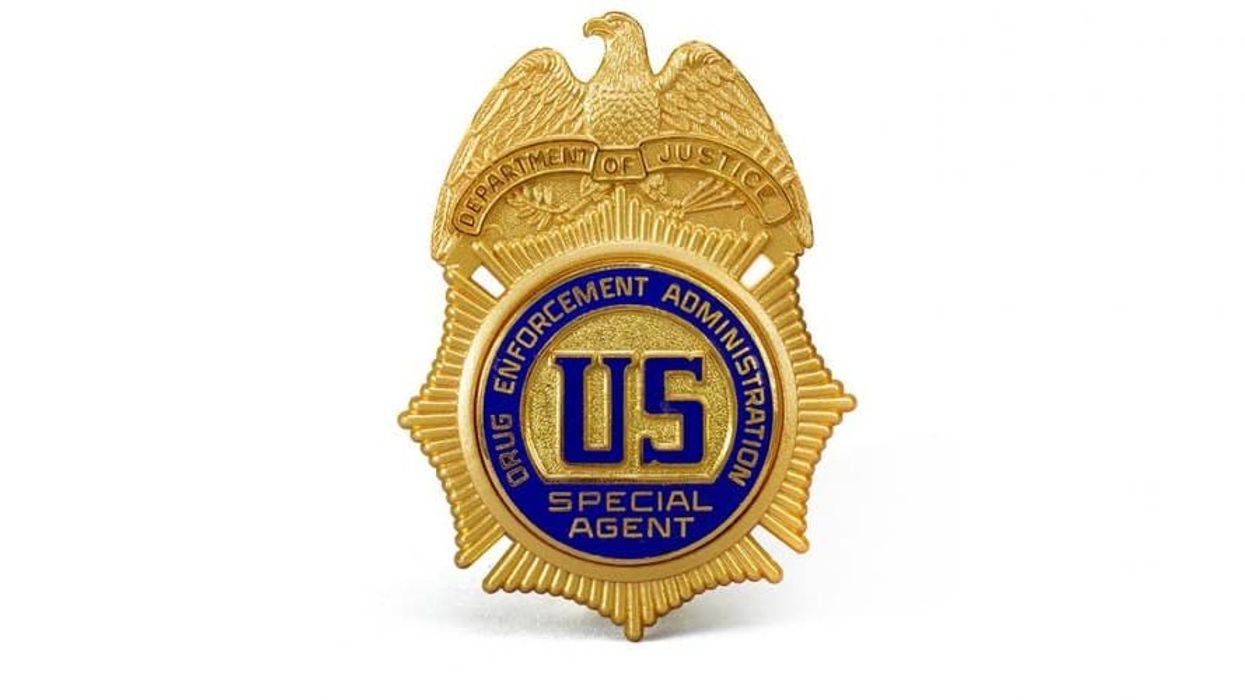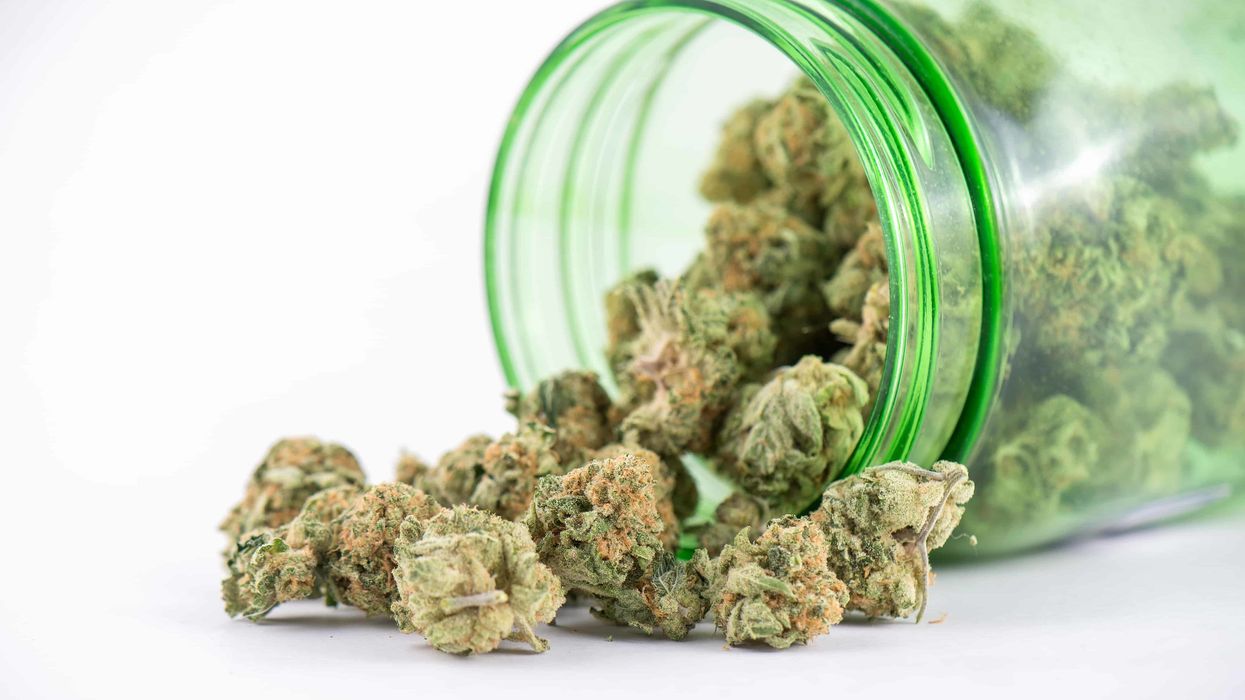“Hey, buy a shirt and get some free weed with your purchase.”
This concept is what people call cannabis “gifting,” a seemingly clever way for New York’s legacy operators to keep things rolling while the state prepares to launch its legal adult-use industry.
New York’s Office of Cannabis Management is not happy about this. First they sent out cease and desist letters to legacy operators doing business before adult-use legislation is fully established.
Now, cannabis gifting – that is including weed with some type of transaction – could become a criminal offense in New York.
Currently in committee, the new bill (S8511) sponsored by State Sen. Diane J. Savino seeks to “define unlawful activities of person's [sic] utilizing commercial establishments as a front to distribute cannabis in violation of the Cannabis Control Law.”
Essentially, if you don’t have a legal license to sell weed, you could face criminal charges for any type of monetary cannabis transaction, be it gifting, trading weed, etc.
The re-criminalization of weed?
Anyone convicted of this heinous crime would be shut out of any future New York cannabis licenses or permits.
If the unlawful transaction involves less than three ounces of weed, it’s a class A misdemeanor.
If between three and sixteen ounces, you’ll get slapped with a class E felony. This is the lowest felony charge in New York with a maximum sentence of four years in jail. It is typically associated with crimes like forcible touching, theft, assault, aggravated harassment, etc., according to NY Criminal Defense.
Anything over sixteen ounces, and you’re looking at a class D felony (same as if you committed certain types of manslaughter, burglary, robbery, or larceny), which could lead to a maximum of seven years imprisonment.
Sure the industry needs to find ways to protect itself from illicit competitors, but is an industry ban and/or jail time the way to go?
Notably, if the bill were to pass, it wouldn’t take effect until November 2022.
Is there a better approach?
Other states have taken similar action with their industry rollouts, securing those tax dollars while trying to protect the investment of license holders who could afford to navigate the high entry barriers.
New York is or was supposed to be better though, the paradigm for all other adult-use cannabis markets.
Is this a misstep? Isn’t there a better approach? Would it be the same if cannabis were no longer a federally controlled substance?
It seems like the only beneficiaries here would be tax collectors and MSOs.
While New York’s government seems to believe they’re doing the right thing by shutting down businesses before the legal market is ready to roll, attacking legacy operators is in keeping with everything that has plagued and held the industry back for the past several decades.
These are the same operators who hold the most wisdom and experience in regards to cannabis cultivation and sales, and shutting them out of the industry before they even have a chance to get started is perpetuating an inequitable market that favors those with the fattest pockets over those who put in the work to advance cannabis when it was still taboo to do so.
Meanwhile, the state is preparing to fast-track the legal supply chain by allowing hemp farmers conditional licenses to grow legal weed this spring.
“Last year, after many years of fighting, we finally enacted the Marijuana Regulation and Taxation Act, and are beginning to undo the devastating impacts over 90 years of unequal enforcement of marijuana prohibition had on too many lives and communities,” People-Stokes said in a press release.
“With the passage of this bill, we have the opportunity to create a responsible start to the adult-use cannabis industry by authorizing temporary conditional cultivator and processor licenses to current New York hemp farmers.”
The conditional cultivation legislation also calls for a Social Equity Mentorship Program, which aims to create a “viable and inclusive path for social and economic equity partners interested in cannabis cultivation and processing to gain invaluable knowledge and experience in this emerging industry.”
Although this sounds great on paper, it’s somewhat contradictory to expend time and resources chasing down operators who are operating preemptively in a market well on its way to being fully regulated – especially considering many of these businesses will fall under the “social equity” umbrella.
New York will soon have a fully legal and established cannabis market, and in the meantime, legislators should remain focused on paving the way for operators to transition safely and smoothly – not finding ways to shut them down in these incredibly early stages.
If New York can work with hemp farmers to jump-start the legal supply chain, why can’t they work with legacy operators as well?
Need a little more Bluntness in your life? Sign Up for our newsletter to stay in the loop.







 Justin Timberlake Eye Roll Gif By Agent M Loves Gif - Find & Share on GIPHYAgent M Loves Gifs
Justin Timberlake Eye Roll Gif By Agent M Loves Gif - Find & Share on GIPHYAgent M Loves Gifs








